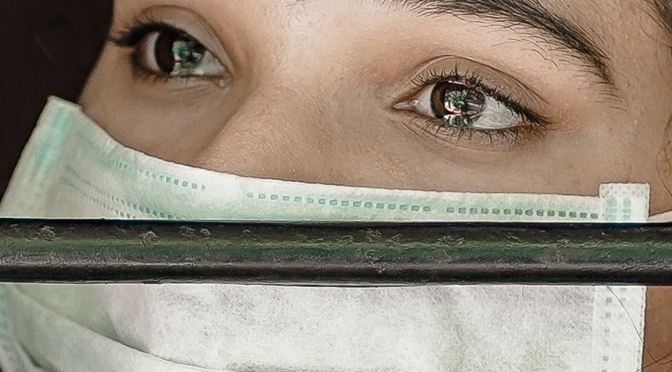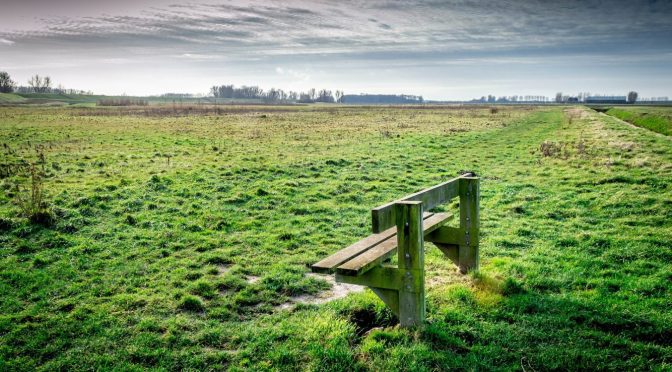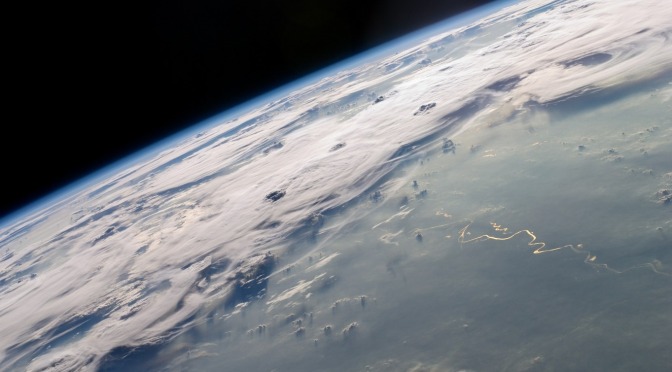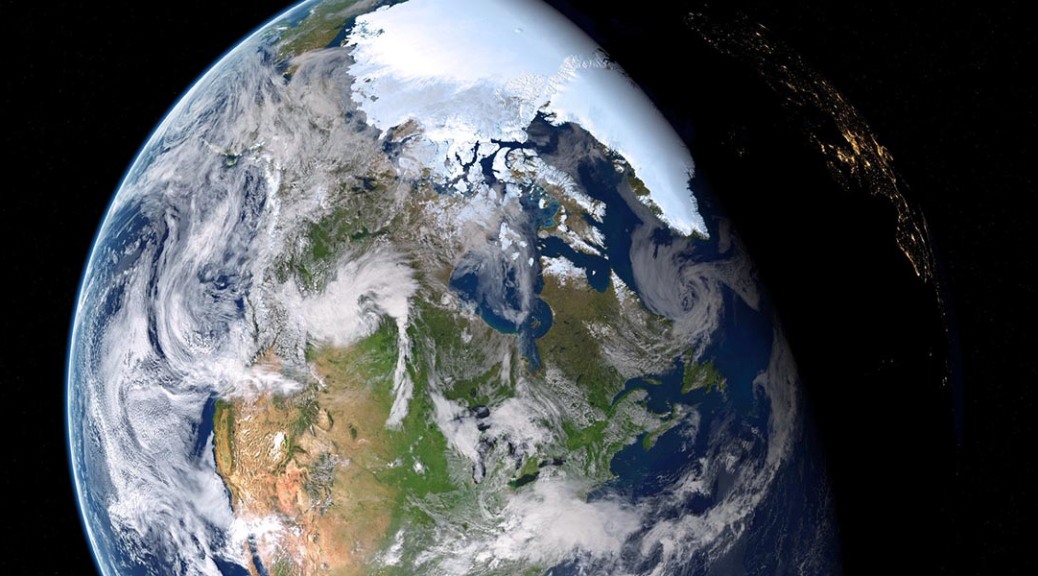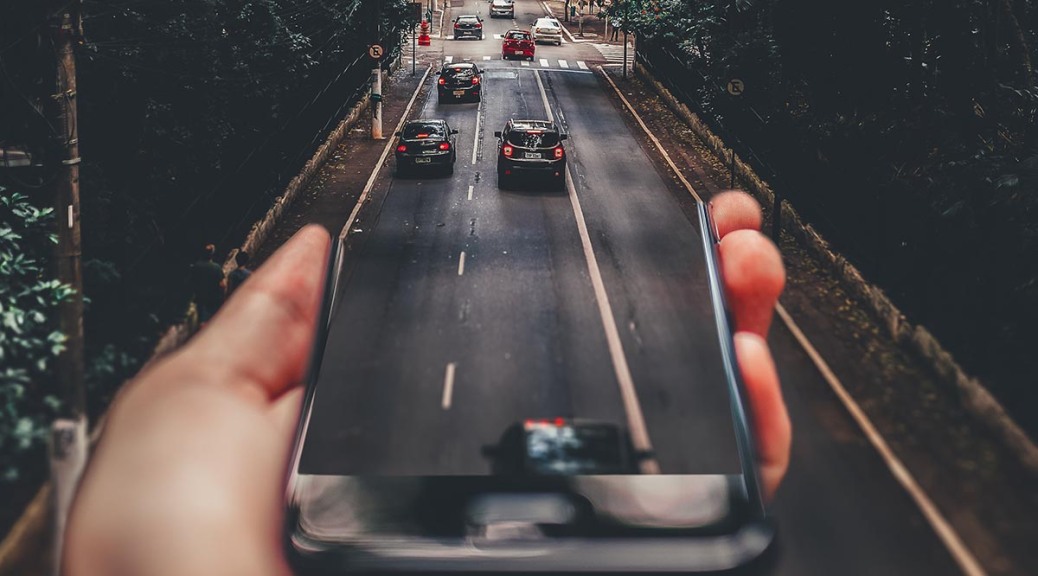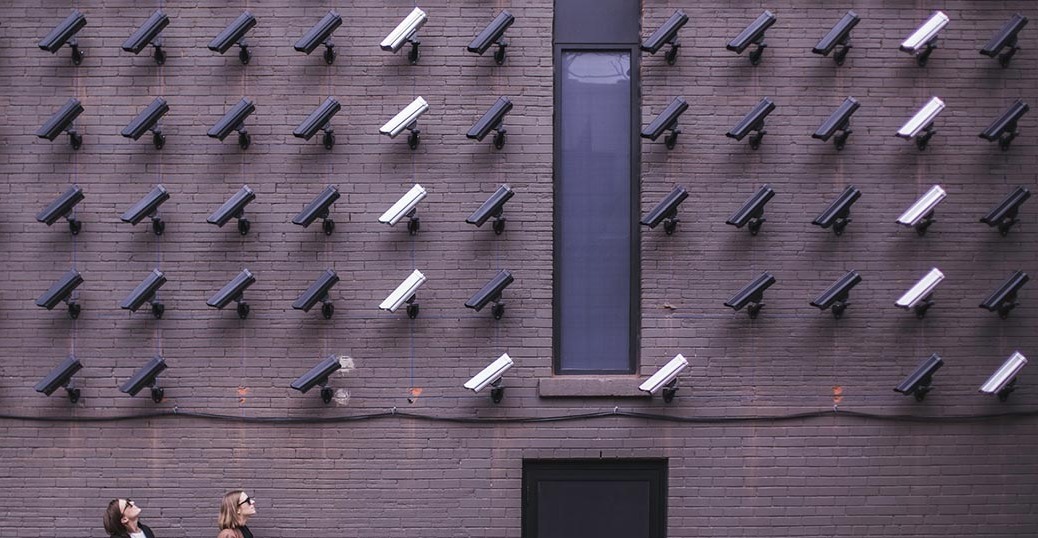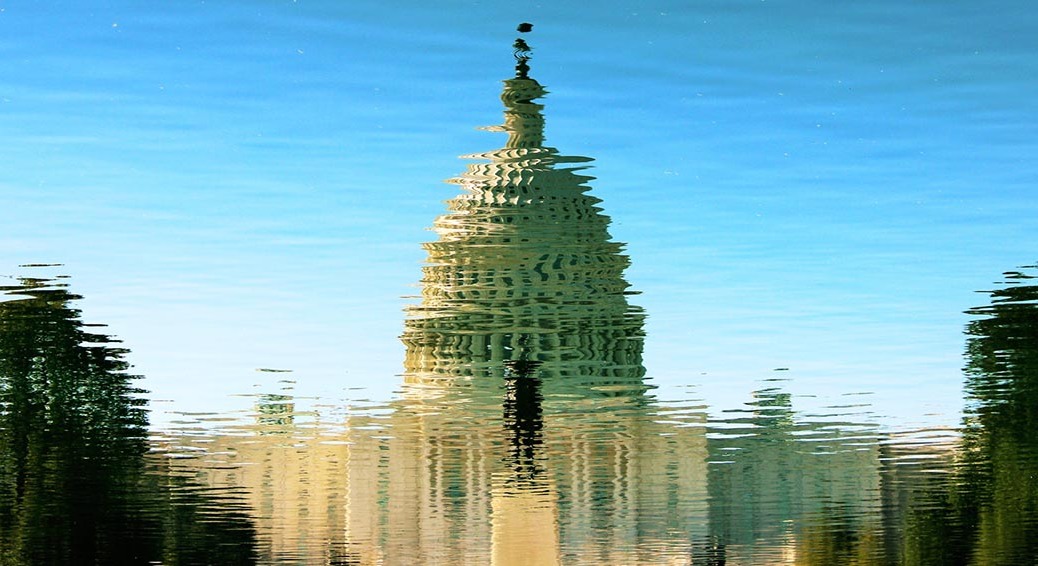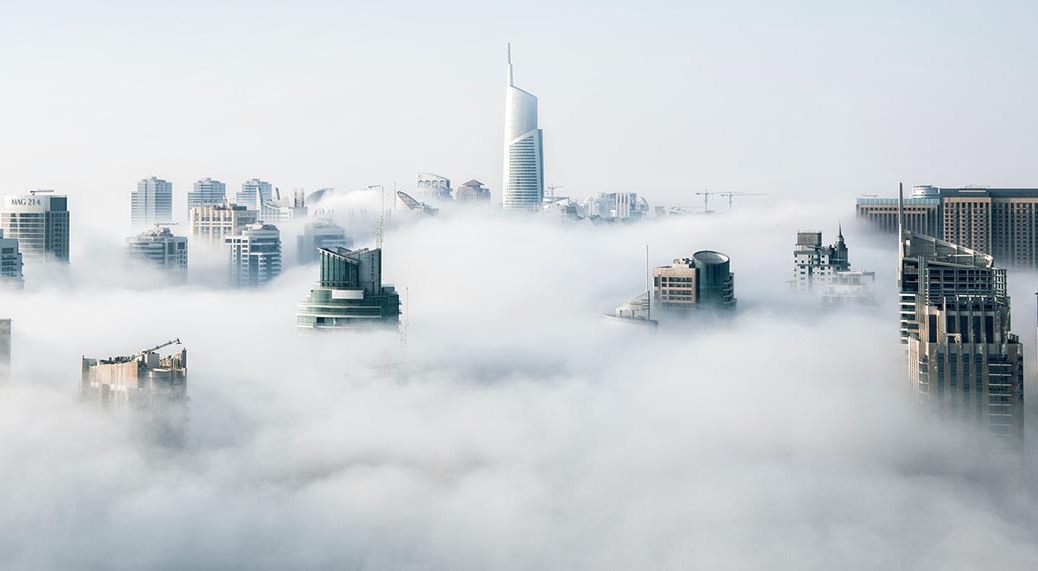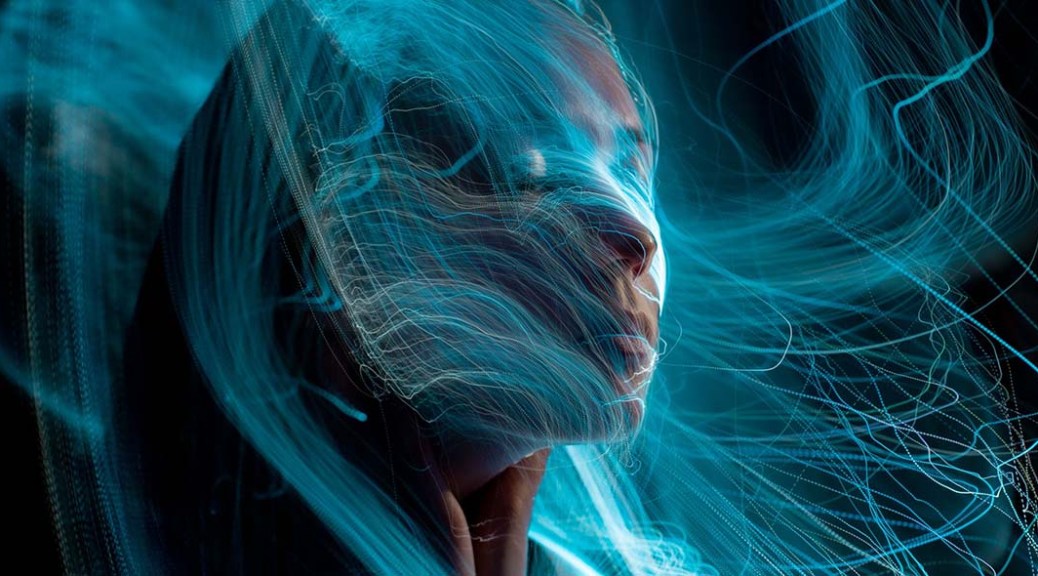(This is a chapter in a 22-part essay, starting with Limits)
Let’s not be naive and fall into the trap of believing that 5G will make it easier for governments to spy on us. Or that China’s governmental surveillance is an exception. It already is very, very, very easy for anyone, not just governments or multinationals, to spy on us. Cameras are everywhere, face recognition algorithms can be deployed by anyone who tries and we are voluntarily making it worse every day. I have no illusions here, the internet is about as private as the street, yet we trust to it information that we wouldn’t share with our closest friends. We’re sometimes not even aware of it ourselves! While I guess it is technically possible to wipe such data out, or protect yourself from being exposed in the first place, I expect that backdoors into the memory of the internet will exist for a long time. Whatever we put online risks to outlive us.
Has there been a shift in the degree of surveillance we accept into our lives? Yes, there has. Just recently, for example, cameras were installed in the basement of my own housing block. Even in our Facebook group, people threatened with studying the images to find out who caused the littering. That’s absurd and illegal, but it illustrates the degree to which surveillance has normalised in my society here in the Netherlands. Most people are in favour of vaccination passports these days. That would have been unthinkable in Europe in the ‘70s, due to the recent bitter memories of the mass registration of our Jewish brothers and sisters. But we have collectively allowed Big Brother’s eye to open itself amongst us and track our actions, good and dubious. Many people remain in favour of it, arguing they are good citizens and have nothing to hide. See and be seen. But it’s obvious that there should be limits to this for a society to function normally. Will these limits define themselves? Partially, yes. But there are choices to be made.
Some things are already illegal. We can’t just hack each other and peek through each other’s webcams. Nonetheless, almost no one gets punished for that. Few people ever find out because people can’t be bothered to secure themselves. It’s quite likely that you’re reading this with a camera pointing at you. Are you sure nobody’s looking? Same with the mic. It gives most people the creeps, but who really does something about it? We’re distracted, and we shouldn’t be.
Humans, being naturally interested in other humans are tempted every day not to peek into the private, intimate lives of others. But it’s totally possible. Not just by easy hacks, also because some people have access to data through their profession. This is what Snowden taught us when discussing the NSA, who are laughing about our dick pics. A fairly innocent crime compared to identity theft, blackmailing of high-profile politicians, plundering bank accounts or attempting to influence voting or even day-to-day behaviour. Today, we can still wonder if manipulation of our behaviour is really possible, but as soon as we plug into the matrix and our minds literally take the shape of computers, such influence could quickly become very strong. There’s an uncertainty, because if it turns out we have an indivisible and non-physical soul, plugging in would not suddenly make it possible to divide or take over that soul. Imprison or incapacitate it, maybe. But if we have no soul, or a soul that can somehow be divided, eroded or disfigured, our individuality would be very threatened.
Our human rights system is built around the position of the individual, which is a good thing. But the more we merge ourselves with the internet, the more of our individuality we hand over. Take identity theft. What if there suddenly are two Gilles Haviks? Which one has the rights to my possessions? I, not the one who stole my identity, should remain the owner of my legacy. In such a situation, it is possible to imagine that an authority who ultimately decides who owns my life, finds it hard to figure out which one is the real Gilles. And the more we blur the lines of our individuality, the harder this will become. What if I manage to copy my mind? Who owns the rights? I can think of two ways out of this problem: stronger documentation of individual property on the one hand, and a move away from ownership, on the other. Am I missing options here?
History gives testimony of a wide range of people who have been persecuted for swimming against the current. Some have succeeded and changed society for the better, while many others were executed or imprisoned for life. It’s a world-wide thing of all times. But in a situation where our every move is registered, it becomes harder and harder to rise up against an established authority as an individual or a small group. How are we going to value people who rise up against the state, when the state goes too far with its power?
There’s the option that we all accept full transparency about everything and everyone. I can spy on you, you can spy on me. No questions asked. We are no criminals, and have nothing to hide. This has historically been a leading sentiment in the Netherlands, where people are assumed to keep their living room curtains open. Expand this to the bathroom, the bedroom, the mind, political power and presto! Transparent society. We all stimulate each other to become perfect beings, or accept each other’s flaws and finally stop judging. If you look at all the revelations that are being done about authority figures, this idea can seem attractive. It creates a proof of purity for those among us who have not been unmasked. But that purity is an illusion.
We are all being selective in where we aim our attention. And that selectiveness is a prejudice. Let me phrase this differently: if eight billion people would look at eight billion people, each person would be seen once on average. For society to be fully transparent, each of the eight billion would have to look into the thoughts, actions and drives of all eight billion others. This will not happen in the near future, meaning society will not be fully transparent. We are biased and we need rules or education to help us choose where to look, and where we not to look.
Humanity isn’t purity, and full transparency would lead to deception and a disappearance of most of the fun bits of life. The mystery around other people is what keeps them interesting. Our illusions are what keeps life fun and exciting. Not knowing what is happening the next moment, creates room for surprise. Could we cherish the unknown not just in ourselves, but also in the other? Could we allow each other some crimes?
In law, certain crimes can become outdated. This shows that our system is built to forgive in the long run. That’s a good thing. Perhaps we could equally establish a right for dubious events to be forgotten after some time. Forgotten by the prison of public judgement, but certainly also by governments. Though I have no idea how that would work in the digital infrastructure practice, it’s something to work on. The right to be forgotten. Allowing each other our secrets, simply because we trust each other.
The emergence of surveillance technology, be it as entertainment in the form of our phones, or for the actual use of surveillance, confronts the West with its own issues of trust. Can we trust our citizens, our neighbours to participate in society because they agree with it, or do we need to check each other to become model citizens? Can we have our webcams and microphones on and trust no one will abuse them? Can we trust people to do the reasonable thing? History has proven that we can, otherwise we wouldn’t be here. But the trend in the past decades has not been on trust’s side. Which has to make us wonder. What is it we so dearly want to protect? Is it worth isolating ourselves for? Is it worth putting our societal values at stake? Can we ever obliterate risk? Or are we creating new risks by putting everything out in the open?
Tomorrow: How to look at increasing longevity? How to look at death?
